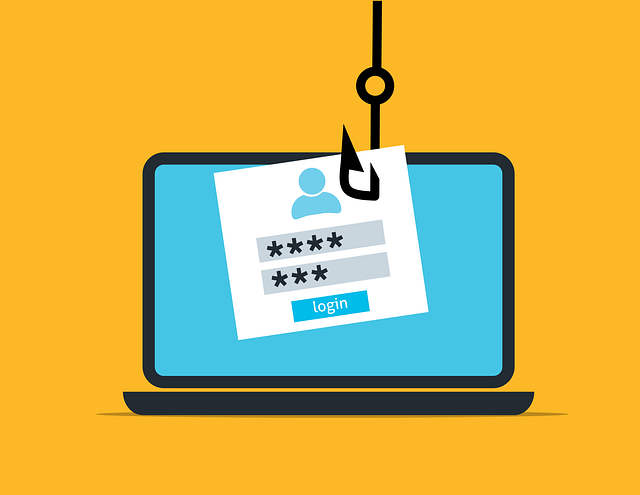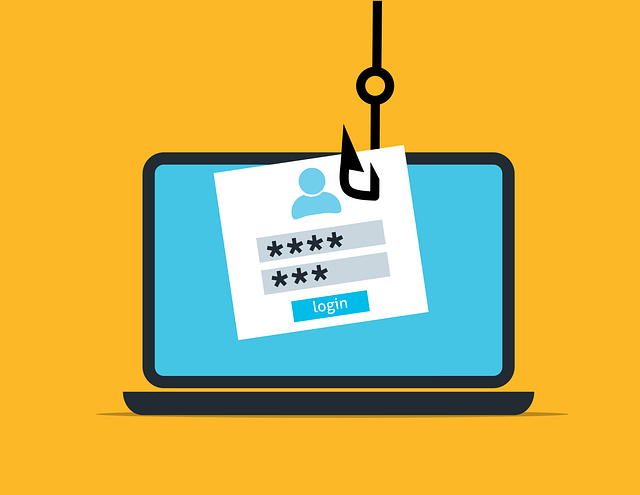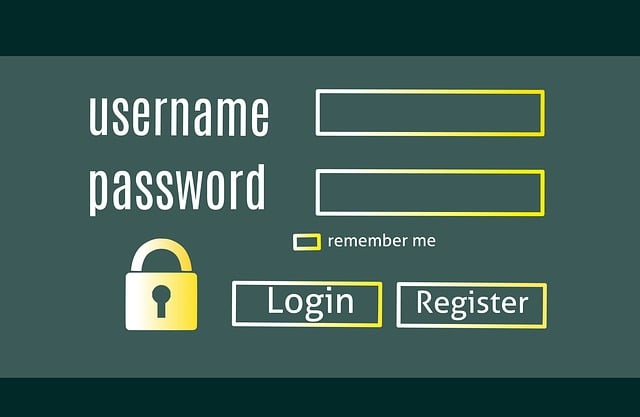Educational credentials verification (ECV) is a critical process for ensuring academic integrity by rigorously examining and validating degrees, certificates, and enrollments. Through cross-referencing official documents, national databases, and advanced technology, ECV prevents fraud, safeguards reputations, and facilitates the admission of qualified students. While facing challenges like privacy concerns and technological advancements, effective implementation streamlines verification, enhances security, and fosters trust in learning environments.
Background checks play a pivotal role in maintaining integrity within educational institutions by facilitating educational credentials verification. This process ensures that students, faculty, and staff possess authentic qualifications, safeguarding academic environments from fraud and deception. The article delves into the significance of background checks, exploring their critical function in screening individuals, validating credentials, and fostering trust in educational settings. Key topics include understanding credential verification’s foundational importance, the benefits and challenges of implementation, and effective process strategies.
- Understanding Educational Credential Verification: The Cornerstone of Integrity
- Why Background Checks Are Essential in Academic Settings
- The Role of Thorough Screening in Safeguarding Academic Environments
- Implementing Effective Processes for Credential Validation
- Benefits and Challenges: Striking a Balance in Education Verification
Understanding Educational Credential Verification: The Cornerstone of Integrity

Educational credential verification is a critical process that forms the cornerstone of integrity within educational institutions. It involves the thorough examination and validation of academic qualifications, degrees, and certificates presented by prospective students or employees. This meticulous process ensures that the credentials meet the required standards and criteria set by the institution, fostering trust and authenticity.
By implementing robust educational credentials verification, institutions can safeguard against fraud, plagiarism, and falsified documents. It enables a comprehensive review of academic achievements, ensuring that individuals seeking enrollment or employment possess legitimate and verified qualifications. This practice upholds the institutional reputation, maintains academic integrity, and promotes fairness in various educational settings, from admission processes to staff recruitment.
Why Background Checks Are Essential in Academic Settings

Background checks play a pivotal role in maintaining integrity and safety within educational institutions. In an era where academic credentials hold immense significance for personal and professional success, ensuring the authenticity of degrees, certifications, and qualifications is paramount. Educational credentials verification through background checks serves as a robust defense against fraud and malpractice, safeguarding the reputation of schools and the careers of graduates alike.
These checks are essential for several reasons. Firstly, they help identify individuals with false or stolen credentials, preventing them from gaining unauthorized access to teaching positions or administrative roles. Secondly, they ensure that students are enrolled in legitimate programs, protecting them from fraudulent institutions promising substandard education. By implementing thorough background verifications, educational settings can foster trust among stakeholders, maintain high standards, and ultimately contribute to the integrity of the entire academic ecosystem.
The Role of Thorough Screening in Safeguarding Academic Environments

Thorough screening plays a pivotal role in safeguarding academic environments by ensuring the integrity and authenticity of educational credentials. In an era where fraudulent practices can pose significant risks, institutions must implement robust background check processes to verify the qualifications and identities of students, faculty, and staff. This meticulous screening involves cross-referencing official documents, checking against national databases, and employing advanced technology for data validation.
By adopting such rigorous procedures, educational institutions can mitigate the chances of academic dishonesty, protect their reputational integrity, and foster a secure learning environment. Educational credentials verification is not merely an administrative task but a critical measure to maintain high standards, promote trust, and ensure fairness in academic settings.
Implementing Effective Processes for Credential Validation

Implementing effective processes for educational credentials verification is paramount in maintaining high standards within institutions. This involves rigorous checks to ensure that academic qualifications and certifications are genuine, accurately reflecting the claimant’s achievements. An efficient system captures and verifies essential data points, such as degrees earned, institutions attended, and course completion details, from official sources.
Modern digital tools play a pivotal role here, streamlining the verification process and reducing manual effort. Online databases and secure platforms facilitate cross-referencing of credentials, allowing staff to quickly validate information against trusted sources. This proactive approach not only safeguards academic integrity but also ensures that institutions admit qualified students, fostering a conducive learning environment for all.
Benefits and Challenges: Striking a Balance in Education Verification

Background checks and educational credentials verification play a pivotal role in maintaining high standards within educational institutions. One of the primary benefits is ensuring that students, faculty, and staff possess legitimate qualifications and credentials, safeguarding academic integrity. This process helps prevent fraud, degree mill operations, and the admission of unqualified individuals, ultimately protecting the reputation of the institution.
However, implementing robust background check systems also presents challenges. Balancing security and privacy concerns is crucial; institutions must adhere to relevant laws and regulations while verifying information accurately. Furthermore, keeping up with evolving verification methods, such as advanced degree authentication technologies, is essential to stay ahead of potential risks. Striking the right balance ensures that educational credentials verification remains an effective tool in fostering trust and excellence in learning environments.






